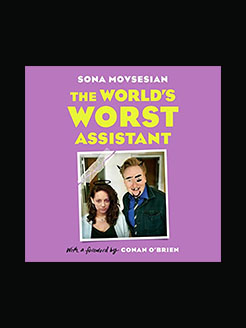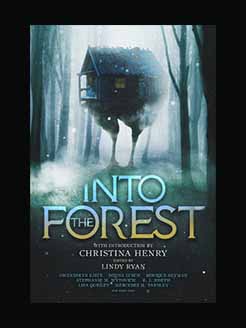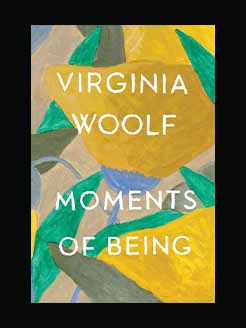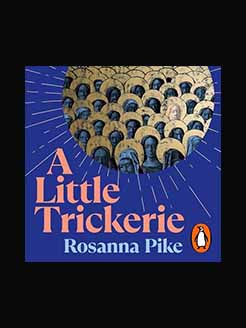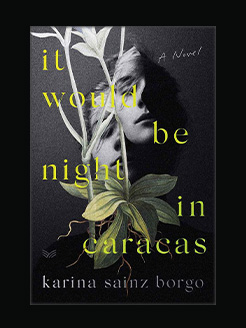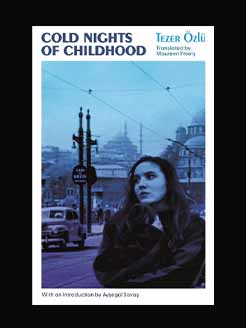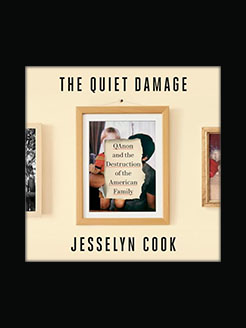Published in 2017
704 pages
Carson McCullers was an American who wrote fiction, often described as Southern Gothic, that explores the spiritual isolation of misfits and outcasts of the South.
From 1935 to 1937 she divided her time, as her studies and health dictated, between Columbus and New York and in September 1937 she married an ex-soldier and aspiring writer, Reeves McCullers. They began their married life in Charlotte, North Carolina where Reeves had found some work. There, and in Fayetteville, North Carolina, she wrote her first novel, The Heart Is a Lonely Hunter, in the Southern Gothic tradition.
The title, suggested by McCullers’s editor, was taken from Fiona MacLeod’s poem “The Lonely Hunter.” However, many (including Carson McCullers) claim she wrote in the style of Southern Realism, a genre inspired by Russian Realism. The novel itself was interpreted as an anti-fascist book. Altogether she published eight books.
The Heart Is a Lonely Hunter (1940), written at the age of twenty-three, Reflections in a Golden Eye (1941), and The Member of the Wedding (1946), are the best-known. The novella The Ballad of the Sad Cafe (1951) also depicts loneliness and the pain of unrequited love. She was an alumna of Yaddo in Saratoga, New York.
The Heart Is a Lonely Hunter was filmed in 1968 with Alan Arkin in the lead role. Reflections in a Golden Eye was directed by John Huston (1967), starring Marlon Brando and Elizabeth Taylor. Some of the film was shot in New York City and on Long Island, where Huston was permitted to use an abandoned Army installation.
Many of the interiors and some of the exteriors were done in Italy. “I first met Carson McCullers during the war when I was visiting Paulette Goddard and Burgess Meredith in upstate New York,” said Huston in An Open Book (1980).
“Carson lived nearby, and one day when Buzz and I were out for a walk she hailed us from her doorway. She was then in her early twenties, and had already suffered the first of a series of strokes. I remember her as a fragile thing with great shining eyes, and a tremor in her hand as she placed it in mine. It wasn’t palsy, rather a quiver of animal timidity. But there was nothing timid or frail about the manner in which Carson McCullers faced life. And as her afflictions multiplied, she only grew stronger.”
After lifelong health problems including severe alcoholism, McCullers died of brain hemorrhage.
What is this book about?
As a novelist, Carson McCullers created such classics of Southern literature as The Heart Is a Lonely Hunter and The Ballad of the Sad Café. But she began her career writing short stories, and never stopped. This Library of America volume offers a landmark gathering of McCullers’s shorter works, including all her published stories, complete here for the first time, plus plays, essays, poems, and an unfinished autobiography.
McCullers had a special genius for crafting concise, indelible portraits of characters struggling to feel at home in the world. From precocious early efforts such as “Sucker,” the first work she dared show her family, and “Wunderkind,” the tragicomic tale of a piano prodigy published when she was just nineteen, to her final published work of fiction, the previously uncollected civil rights allegory “The March,” which appeared in Redbook just months before her death in 1967, her stories display her characteristic sensitivity and haunting strangeness. In “A Tree. A Rock. A Cloud.” an aging drifter tells a twelve-year-old boy about the peculiar “science” he has fashioned to cope with lost love. “The Sojourner” follows an expatriate’s return to America, where he comes face to face with his ex-wife’s happy second marriage and his own uncertain path at middle age.
McCullers’s dramatic works are represented here by the play The Member of the Wedding (1950), adapted from her 1946 novel at the urging of her close friend Tennessee Williams. Like Thornton Wilder’s Our Town, it is a great American poem for the stage. At its center is tomboy Frankie Addams, a motherless adolescent neglected by her father and utterly bored with life in small-town Georgia until romantic longing is ignited by her older brother’s wedding. A hit on Broadway, running for more than five hundred performances, it won the Drama Critics’ Circle Award and soon inspired a film. Also included are the long out-of-print The Square Root of Wonderful, her neglected Broadway comedy of 1958, and an adaptation of her story “The Sojourner” for the television program Omnibus, presented here in a text based on a previously unpublished typescript by McCullers and accompanied, as an appendix, by a transcription of the significantly different version broadcast in December 1953.
The volume is rounded out by twenty-two essays—among them childhood reminiscences, travel pieces, reflections on life during wartime in the 1940s, and observations on other writers and on the writer’s craft. Gathered as well are McCullers’s poems and the fascinating Illumination and Night Glare, an unfinished autobiography from late in her life, first published in a scholarly edition in 1999 and here newly edited for the general reader.
